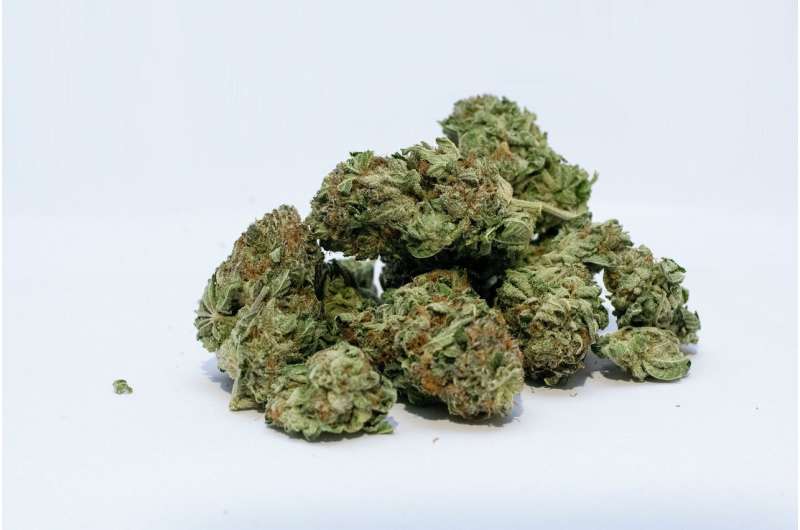Rising Cannabis Use Among Older Adults: A Growing Public Health Trend

Cannabis use among Americans aged 65 and over is reaching new heights, with recent studies showing a dramatic rise in current use and changing demographic patterns, highlighting important implications for healthcare providers and policymakers.
Recent research indicates that cannabis consumption among older adults in the United States is reaching unprecedented levels. According to an analysis conducted by the Center for Drug Use and HIV/HCV Research (CDUHR) at the NYU School of Global Public Health, approximately 7% of individuals aged 65 and over reported using cannabis within the past month, marking a significant increase from previous years.
The study, published in JAMA Internal Medicine, reveals shifts in the demographics of cannabis users in this age group. Notably, there's a rise in use among college-educated, married, female, and higher-income seniors. The research team, led by Joseph Palamar, Ph.D., MPH, emphasized that cannabis use among older adults is not only more prevalent but also evolving in terms of who is using it.
Data sourced from the National Survey on Drug Use and Health between 2021 and 2023 showed a rapid growth in current cannabis use among seniors—from 4.8% in 2021 to 7% in 2023, representing nearly a 46% increase over two years. In comparison to earlier years, when less than 1% of older adults reported using cannabis in the past year, current use is now more substantial.
The rise is particularly pronounced among certain groups—those who are married, white, have a college degree, and earn at least $75,000 annually. Interestingly, women in this age group have also shown a steep increase, although men remain more frequent users. Usage is higher in states where medical marijuana is legal, likely due to increased accessibility and social acceptance.
Moreover, the study highlights that seniors with chronic health conditions, such as heart disease, diabetes, hypertension, cancer, and COPD, are among the groups experiencing the most significant increases in cannabis use. These findings suggest a trend where older adults may be using cannabis for symptom management, but also raise concerns about potential health risks.
Experts, including Dr. Han, emphasize the importance of healthcare providers screening and educating older patients about cannabis, considering physiological changes with aging that can heighten sensitivity to psychoactive effects. Proper guidance is crucial to prevent adverse interactions and ensure safe use.
As legalization expands, understanding these patterns is vital for public health and medical practice. The authors recommend ongoing research and heightened awareness among clinicians to address the complexities surrounding cannabis use in aging populations.
For more detailed insights, the full study can be accessed in JAMA Internal Medicine, DOI: 10.1001/jamainternmed.2025.1156.
Stay Updated with Mia's Feed
Get the latest health & wellness insights delivered straight to your inbox.
Related Articles
Early Brain Development Changes May Reveal Causes of Autism and Schizophrenia
New research unveils how early changes in DNA methylation during brain development may underpin neurodevelopmental conditions such as autism and schizophrenia, highlighting the importance of epigenetic processes in brain formation.
Generation X Faces Higher Risk of Methamphetamine-Related Deaths in Australia
Australia's Generation X faces a worrying rise in methamphetamine-related deaths, with recent research highlighting gaps in support services and the impact of stigma on treatment access. Learn more about this concerning trend and its implications.
Innovative Brainwave Test Detects Memory Decline Years Before Alzheimer's Diagnosis
A new simple brainwave test developed at the University of Bath can detect early signs of memory decline linked to Alzheimer's disease years before clinical diagnosis, enabling earlier intervention and improved treatment options.
Exposure to Air Pollution Linked to Increased Risk of Common Brain Tumor
Emerging research links long-term exposure to air pollution with an increased risk of meningioma, a common brain tumor. Advances in modeling suggest traffic-related pollutants may play a role in tumor development, emphasizing the importance of cleaner air for neurological health.



